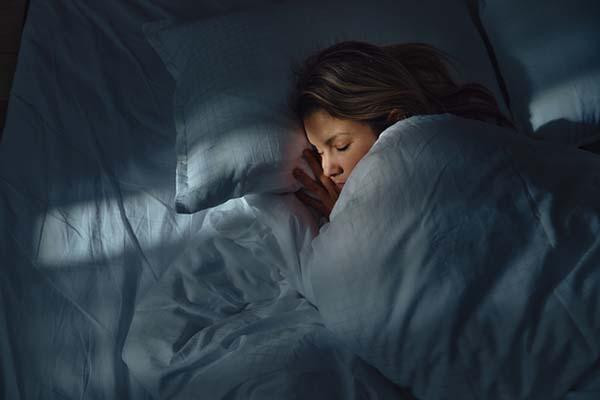
Breaking News
 Iran (So Far Away) - Official Music Video
Iran (So Far Away) - Official Music Video
 COMEX Silver: 21 Days Until 429 Million Ounces of Demand Meets 103 Million Supply. (March Crisis)
COMEX Silver: 21 Days Until 429 Million Ounces of Demand Meets 103 Million Supply. (March Crisis)
 Marjorie Taylor Greene: MAGA Was "All a Lie," "Isn't Really About America or the
Marjorie Taylor Greene: MAGA Was "All a Lie," "Isn't Really About America or the
 Why America's Two-Party System Will Never Threaten the True Political Elites
Why America's Two-Party System Will Never Threaten the True Political Elites
Top Tech News
 How underwater 3D printing could soon transform maritime construction
How underwater 3D printing could soon transform maritime construction
 Smart soldering iron packs a camera to show you what you're doing
Smart soldering iron packs a camera to show you what you're doing
 Look, no hands: Flying umbrella follows user through the rain
Look, no hands: Flying umbrella follows user through the rain
 Critical Linux Warning: 800,000 Devices Are EXPOSED
Critical Linux Warning: 800,000 Devices Are EXPOSED
 'Brave New World': IVF Company's Eugenics Tool Lets Couples Pick 'Best' Baby, Di
'Brave New World': IVF Company's Eugenics Tool Lets Couples Pick 'Best' Baby, Di
 The smartphone just fired a warning shot at the camera industry.
The smartphone just fired a warning shot at the camera industry.
 A revolutionary breakthrough in dental science is changing how we fight tooth decay
A revolutionary breakthrough in dental science is changing how we fight tooth decay
 Docan Energy "Panda": 32kWh for $2,530!
Docan Energy "Panda": 32kWh for $2,530!
 Rugged phone with multi-day battery life doubles as a 1080p projector
Rugged phone with multi-day battery life doubles as a 1080p projector
 4 Sisters Invent Electric Tractor with Mom and Dad and it's Selling in 5 Countries
4 Sisters Invent Electric Tractor with Mom and Dad and it's Selling in 5 Countries
"The Darker, The Better": Why Sleeping In Total Darkness Is A Big Deal

Over time, this may increase the risk of developing chronic diseases like obesity, diabetes, depression, and cardiovascular disease.
Sleep is not merely a passive act of unconsciousness; it is an active process of repair and recalibration.
"The body's systems only achieve euphoric homeostasis—true well-being—when the demands of the day are met with enough depth, timing, and continuity of sleep. Light at night interrupts this, even if subtly, and especially for those already vulnerable," said Dr. Roger Washington, a family medicine physician focused on sleep wellness and the medical director of the Sleep to Live Well Foundation, in an interview with The Epoch Times.
"When light combines with the will to stay alert—scrolling a phone, watching TV—it locks the brain in an acquisition mode, which postpones the entry into reparative sleep cycles."
Blue light from screens has been linked to reduced sleep quality and shorter sleep duration. On the other hand, research suggests that sleeping in a dark, cool environment supports melatonin production and promotes better physical and mental well-being.
Promotes Melatonin Balance
Even low levels of light at night can disrupt your circadian rhythm—the body's internal sleep-wake clock—leading to poor sleep quality.
While daylight exposure helps regulate your internal clock, which supports melatonin production at night, exposure to bright light at night can lower melatonin levels and interfere with sleep.
"Light at night delays circadian rhythm and promotes sympathetic nervous system activation," said Washington.
"Sleeping in darkness allows the body's master timekeeper, the suprachiasmatic nucleus, to align internal rhythms with the natural sleep-wake cycle."
The suprachiasmatic nucleus is a small area in the hypothalamus that acts as the body's internal clock, controlling sleep-wake cycles by responding to light signals from the eyes.
Melatonin not only helps you fall and stay asleep but also acts as a powerful antioxidant. Avoiding artificial light exposure at night can help maintain better melatonin levels and improve sleep quality.



